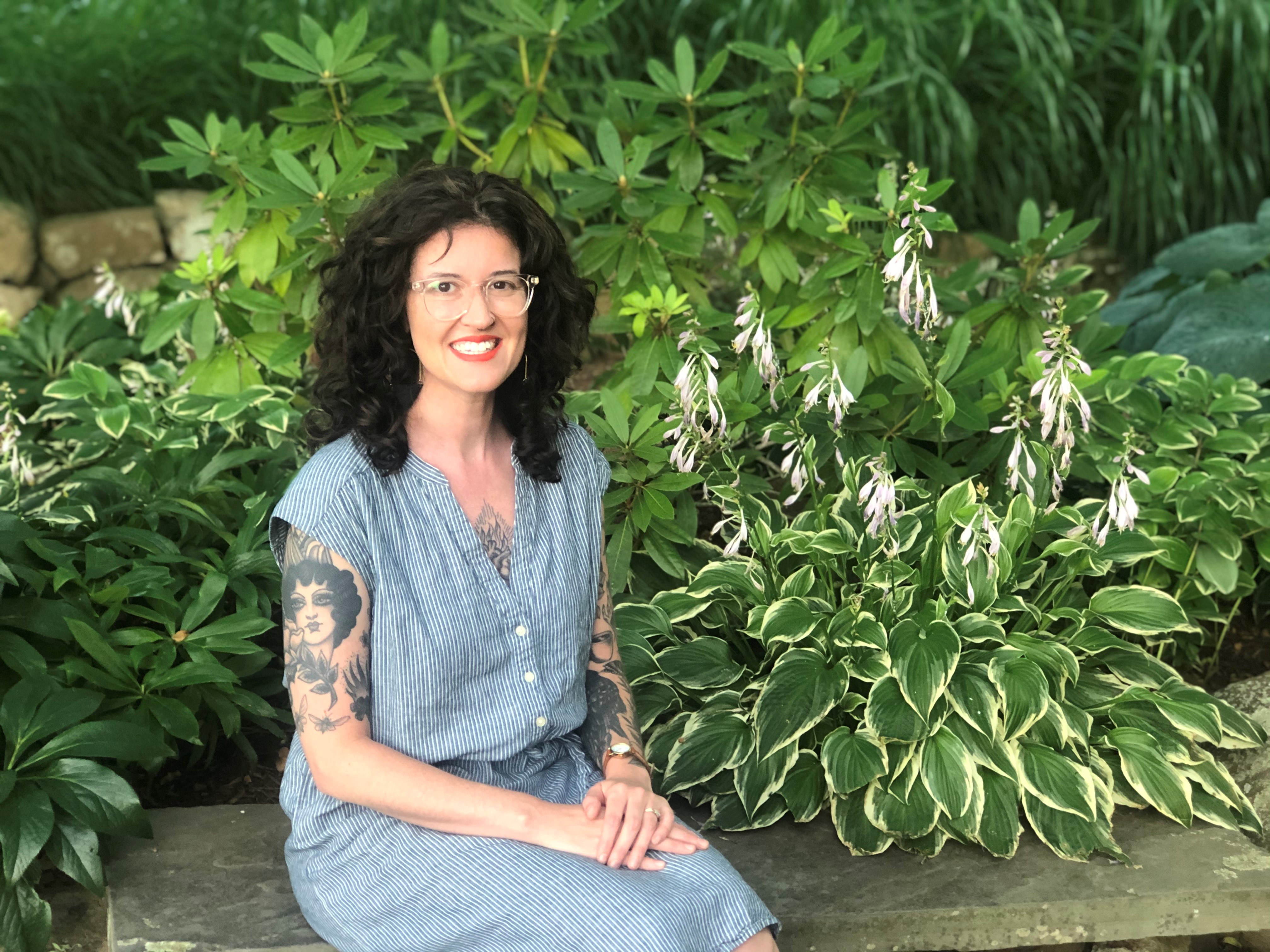An estimated 12% of children in the United States—about three children in every classroom— live with a parent who abuses alcohol or other drugs, according to the Substance Abuse and Mental Health Services Administration. UConn researcher Margaret Lloyd Sieger has dedicated her career to helping these families overcome these challenges.
An assistant professor in the School of Social Work at the University of Connecticut, Lloyd Sieger works with families that have come in contact with child welfare services due to substance use disorder (SUD).
“There is another person underneath the addiction who is capable of being a loving parent, employee, and friend and I do everything I can to help that person recover,” Lloyd Sieger says.
Before Lloyd Sieger realized she wanted to work in the public sector, she planned on going into the psychology field. However, two key experiences pushed her down a different road.
First, working as a paralegal in Kansas City opened Lloyd Sieger’s eyes to the inherently flawed criminal justice system. For Lloyd Sieger, it illustrated how one’s socioeconomic position shaped their experience with the criminal justice system and beyond. This solidified her interest in helping families who had little choice in how to handle their interactions with the legal system.
Lloyd Sieger began her career at First Call, formerly Kansas City’s chapter of the National Council on Alcoholism and Drug Dependence. There, she observed the effect substance use disorders had on families from all walks of life. Despite the challenging situations she was exposed to, the experience left her driven to help.
“What I know about addiction is that recovery is possible,” Lloyd Sieger says.
Lloyd Sieger also has her own lived experience with addiction. Since September 2010, Lloyd Sieger has been a person in recovery. It was in part her own experience that shaped her interests in improving outcomes for families with parental substance use disorders in the child welfare system. She ended up spending four years working with First Call, helping countless families work towards recovery.
“Hearing the children tell their stories and explain their circumstances was profoundly impactful and led me to where I am today,” she says.
Serving children, adolescents, and families at First Call impacted by a loved one’s addiction made Lloyd Sieger realize what was missing from her psychology degree: the community aspect.
For Lloyd Sieger, helping the community was as important as helping individuals struggling with substance use disorder. This focus on helping the community pushed her to earn a Ph.D. in social work.
Helping the Community
Around 80% of parents in the child welfare system have substance use disorder. However, there is no one-size-fits-all treatment. Each family needs a different recovery plan tailored to their specific experience: housing, child care, work arrangements, and other supports. There are also many social and economic factors that impact a family’s treatment plan, which is where Lloyd Sieger’s focus lies.
The main framework Lloyd Sieger uses when analyzing and creating family treatment plans is the social determinants of health framework. This framework allows for more insight regarding how recovery outcomes can be improved for parents in a healthcare system who may not have been given the chance before.
Improving health care outcomes for these families means looking at policies and programs with a critical lens. Lloyd Sieger’s research focuses on family treatment courts and the Child Abuse Prevention & Treatment Act (CAPTA).
Family treatment courts bring together substance use treatment providers, child welfare services, mental health agencies and other community partners in a non-adversarial approach. These resources work together to reach the best outcome for the patients.
With respect to CAPTA, Lloyd Sieger specifically focuses on the parts of this policy that impact prenatally substance exposed newborns. This policy is crucial, as an estimated 10 – 15% of all births are affected by prenatal alcohol and illicit drug exposure.
To effectively help these families and individuals, Lloyd Sieger conducts qualitative interviews with parents who have experienced these illnesses, in addition to conducting complex statistics with quantitative datasets.
“It is an honor to hear their stories and I have the utmost respect for them,” Lloyd Sieger says.
One of the most rewarding parts of Lloyd Sieger’s career is education and knowledge dissemination, especially when she gets to share her findings with larger community audiences.
“There is almost nothing that brings me more fulfillment than when I get to share my findings with others, like my peers or the general public,” Lloyd Sieger says. “Specifically, when the professionals who are putting in all this work get to see that their efforts are having a substantial and long-term impact on children and families. On any given day, these professionals may not see the outcomes of their work, so presenting it to them is incredibly rewarding.”
Public service is the driving motive behind Lloyd Sieger’s research. From the families in the child welfare system to the educated workforce carrying out the treatments, the community has always been the tie that linked Lloyd Sieger to her work.
“My overarching goal is that every family that comes to the attention of the child welfare system gets appropriate assessment and care, that they are treated with love and respect by an educated workforce that understands the dynamic impact of substance use disorders on families,” she says. “My hope is that more families can be reunited in safe and stable family homes.”
Follow UConn Research on Twitter & LinkedIn.



